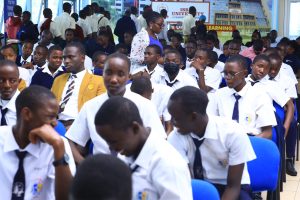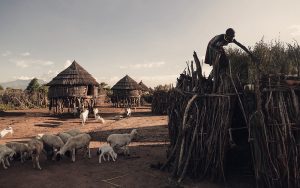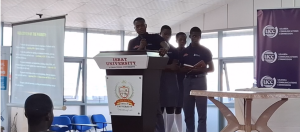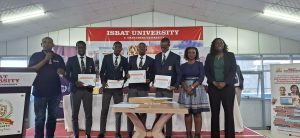Kansanga Seed SS — Transforming Agriculture in Uganda through Automated Greenhouse Innovation
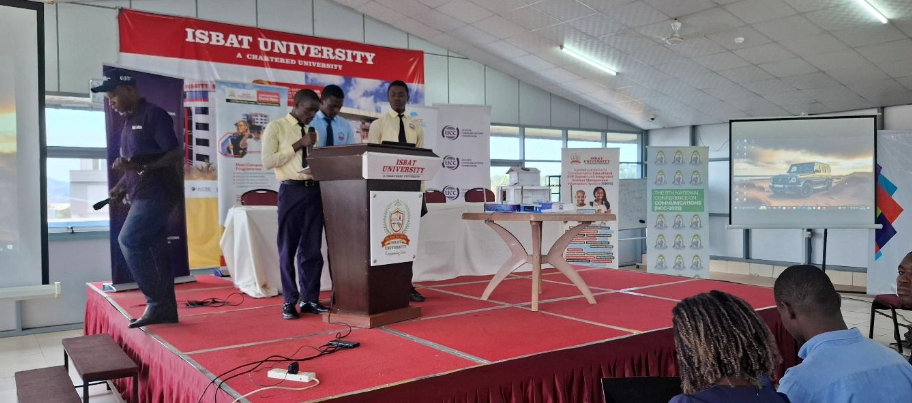
In a country where agriculture forms the backbone of the economy, technology is fast becoming the new fertilizer that nurtures growth and sustainability. Kansanga Seed Secondary School has stepped into this transformation with a groundbreaking innovation — the “Transforming Agriculture in Uganda through Automated Greenhouse” project. This student-led initiative seeks to revolutionize how food is grown by merging traditional farming knowledge with modern automation systems, promoting smart, sustainable agriculture for the future.
The project centers on the construction and operation of an automated greenhouse, designed to maintain optimal growing conditions for crops throughout the year. Unlike conventional farming that depends heavily on unpredictable weather patterns, this greenhouse uses climate-smart technology to control temperature, humidity, and irrigation automatically. The system employs sensors and timers to regulate water usage and monitor plant health, ensuring that crops receive the exact conditions they need to thrive — efficiently and sustainably.
By integrating automation into farming, the students have addressed several key challenges faced by Ugandan farmers, including climate change, pests, and low yields caused by inconsistent rainfall. The automated greenhouse allows for year-round cultivation, protecting plants from extreme weather and reducing dependency on seasons. This innovation directly contributes to food security, improves crop quality, and ensures a consistent supply of fresh produce even during dry periods.
Beyond production, this initiative serves as a hands-on learning platform for both students and the surrounding community. It provides learners with practical experience in modern agricultural technologies such as irrigation systems, environmental sensors, and renewable energy integration. Teachers use the greenhouse as a demonstration center to explain the relationship between ICT and agriculture, proving that digital literacy is not limited to computers — it extends to solving real-world problems in everyday life.
The project aligns closely with Sustainable Development Goals 2 (Zero Hunger) and 13 (Climate Action) by promoting sustainable food production systems that are resilient to environmental changes. It also reflects the broader vision of the UCC ICT Clubs program, coordinated by KAWA Uganda, to empower young innovators to use technology in addressing national challenges. Through this project, Kansanga Seed SS demonstrates how innovation can emerge from the classroom to influence communities and policy discussions on smart agriculture in Uganda.
Ultimately, the Automated Greenhouse Project is more than a school science experiment — it is a blueprint for Uganda’s agricultural future. It represents a new generation of learners who are not waiting for solutions from elsewhere but are designing them within their own environments. By integrating technology, sustainability, and education, Kansanga Seed Secondary School stands as a shining example of how schools can drive national transformation through innovation.

